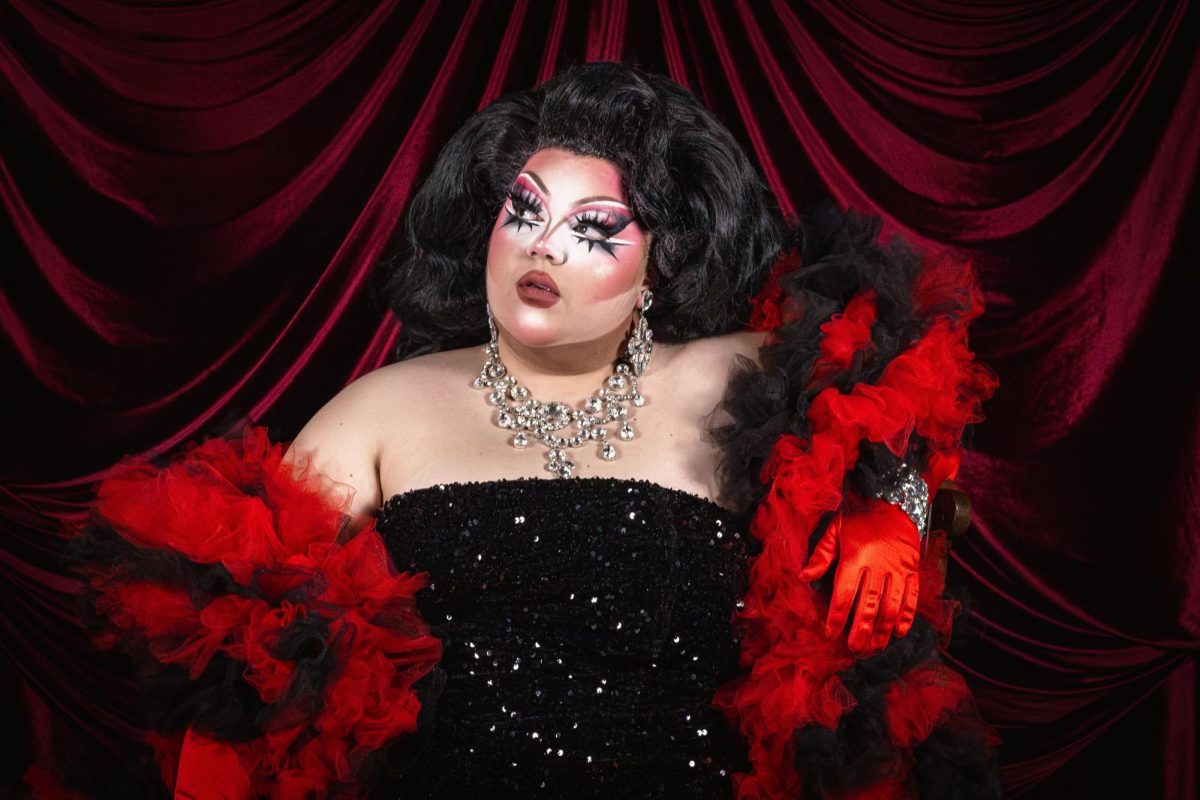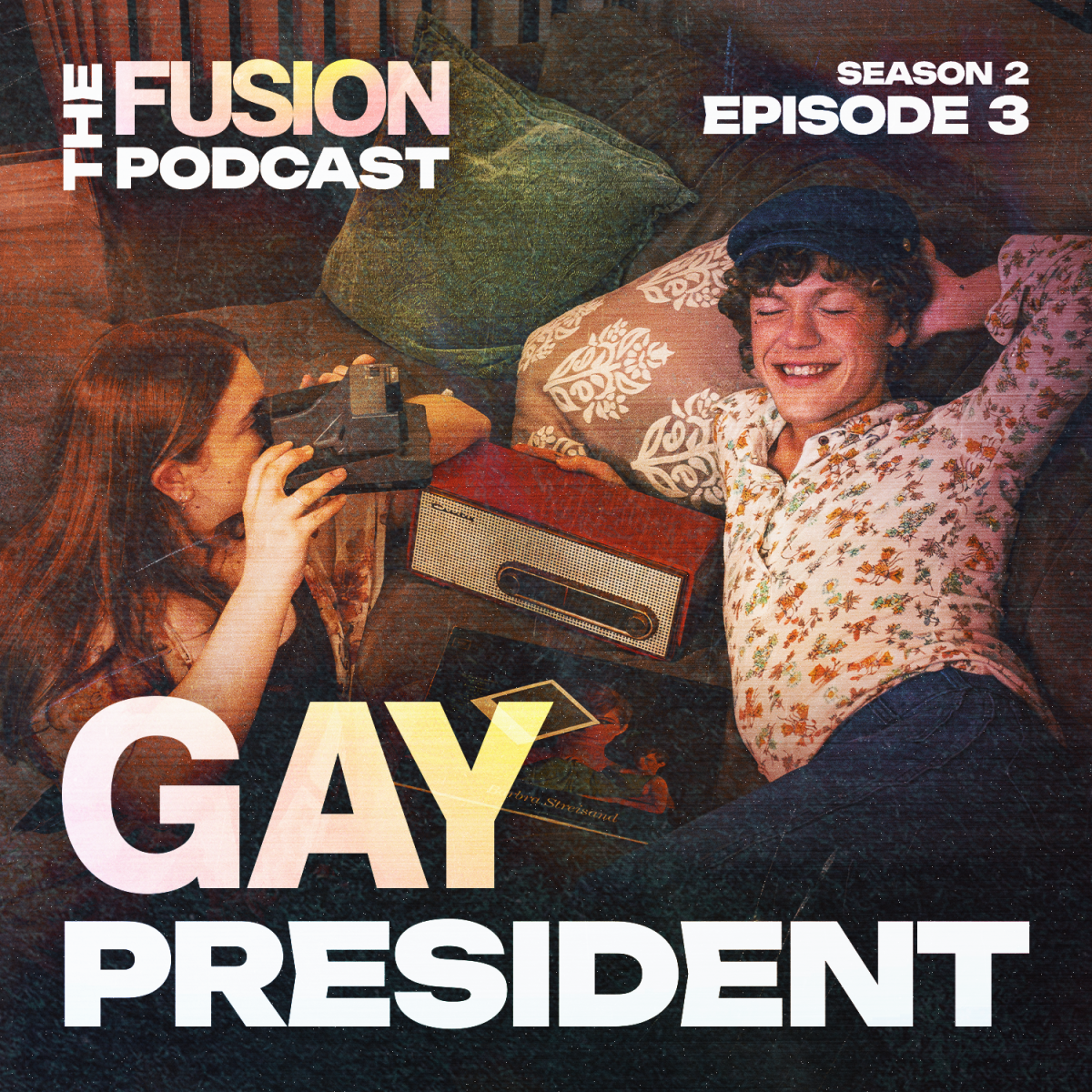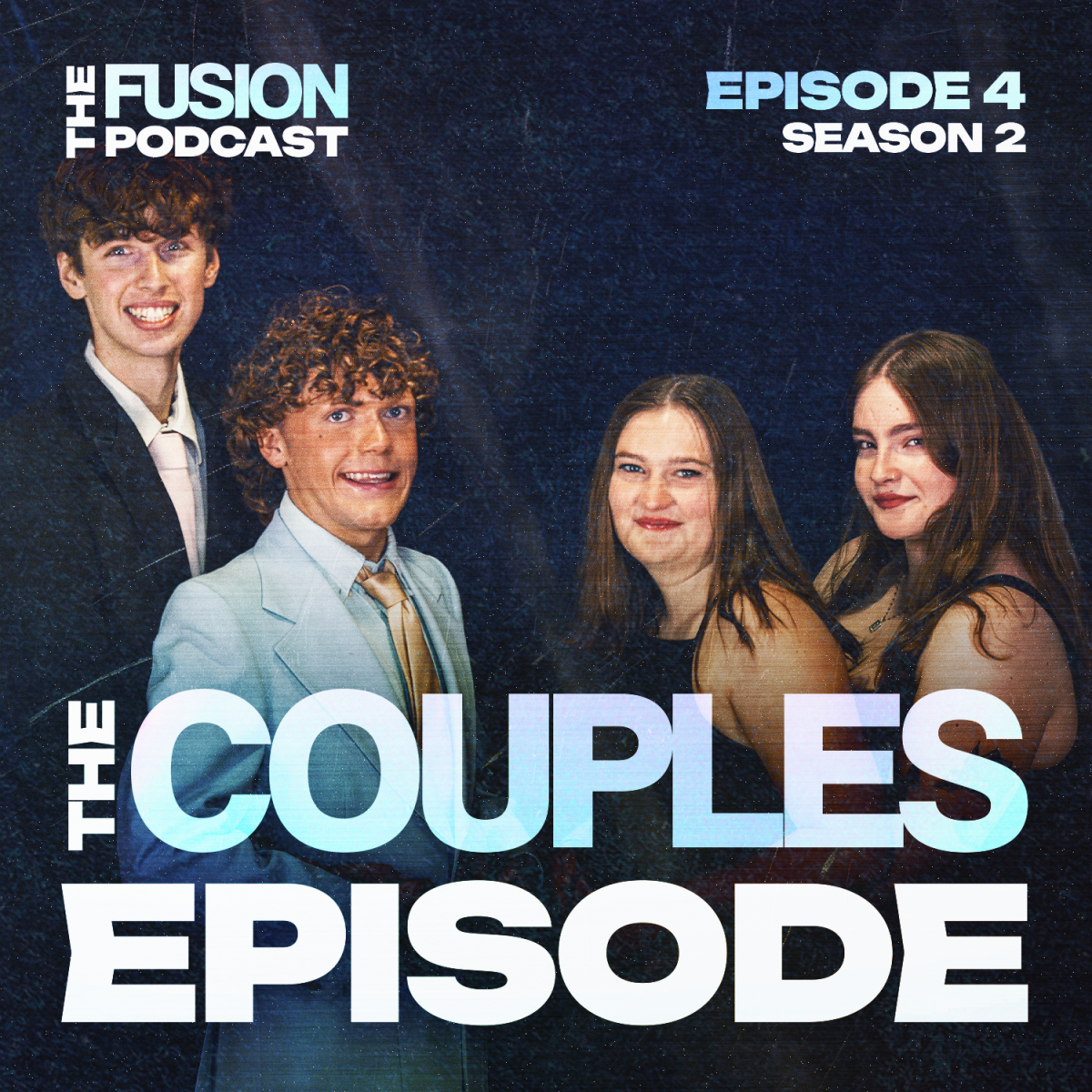
Three weeks ago, U.S. Senators finally voted on whether or not to keep the highly-disputed “Don’t Ask, Don’t Tell” (DADT) policy in effect. The repeal of this law would allow members of all branches of the U.S. military to be open about their sexual orientation. Celebrities like Lady Gaga angrily protested for the repeal of this controversial rule.
Ultimately, the repeal was turned down. According to an ABC News source, Republican senators were one of the reasons behind the failure of the repeal.
On the whole, the DADT debates are rather complex. I have always had mixed feelings toward the DADT policy for several logical reasons.
Let’s take a look in U.S. history to the year when the law was first put into effect:
Before 1993, homosexuals were totally excluded from the U.S. military. Being gay and in the military was taboo. Bill Clinton passed the DADT policy in 1993 in order to allow LGBT citizens to join the U.S. military. Clinton helped to advance homosexual awareness by passing DADT. Today, we are protesting this law that progressed the LGBT American community.
Granted, there are certainly issues with DADT. It needs some revision. According to the Service-Members Legal Defense Network (SLDN) website, there are at least 66,000 LGBT citizens serving in the military. Yet, for the past 17 years that DADT has been in effect, over 13,000 troops have been removed from the military due to their sexual orientation. This is not fair to those 66,000 servicemen. Nevertheless, this policy still gives LGBT servicemen the initial right to serve. They will never be pressured out of the military so long as they keep their love life to themselves.
Many Kent students gave diverse responses to the failure of this repeal. PRIDE! Kent Programming Director Martonyo Caddiell felt particularly strong about this issue. Although he is not involved with the U.S. military, he does not feel he could be a part of it due to the DADT law.
“If I were married [to my boyfriend] and I’d been in Iraq for a year, I wouldn’t want to just walk up to my husband and give him a handshake,” Caddiell said. “I would want to hug and kiss him in front of everyone.”
On the other hand, students also feel that DADT did not necessarily need to be repealed. Cadet Clawson of the Air Force ROTC at Kent said he is fine with keeping the DADT policy. He is unsure whether the U.S. is ready for the policy’s removal.
“I don’t think repeal of the policy would negatively affect troop moral,” Clawson said. “But some members of the military are fairly conservative from my understanding. I think some members of the military would still feel uncomfortable with LGBT servicemen alongside them.”
Although it is true that it may be a bit early for some Americans to accept openly-LGBT service members, there still needs to be some kind of consensus to the DADT policy in the near future.
PRIDE! Kent Allies Chair Cristina Mazzone said she cannot understand why LGBT servicemen are treated differently in the military. She hopes the policy will someday be repealed by the Senate.
“Obviously some people have been discharged because of DADT,” Mazzone said. “So someday [if DADT is repealed] they will be allowed to serve again. It would be a movement toward being a more free country.”

































